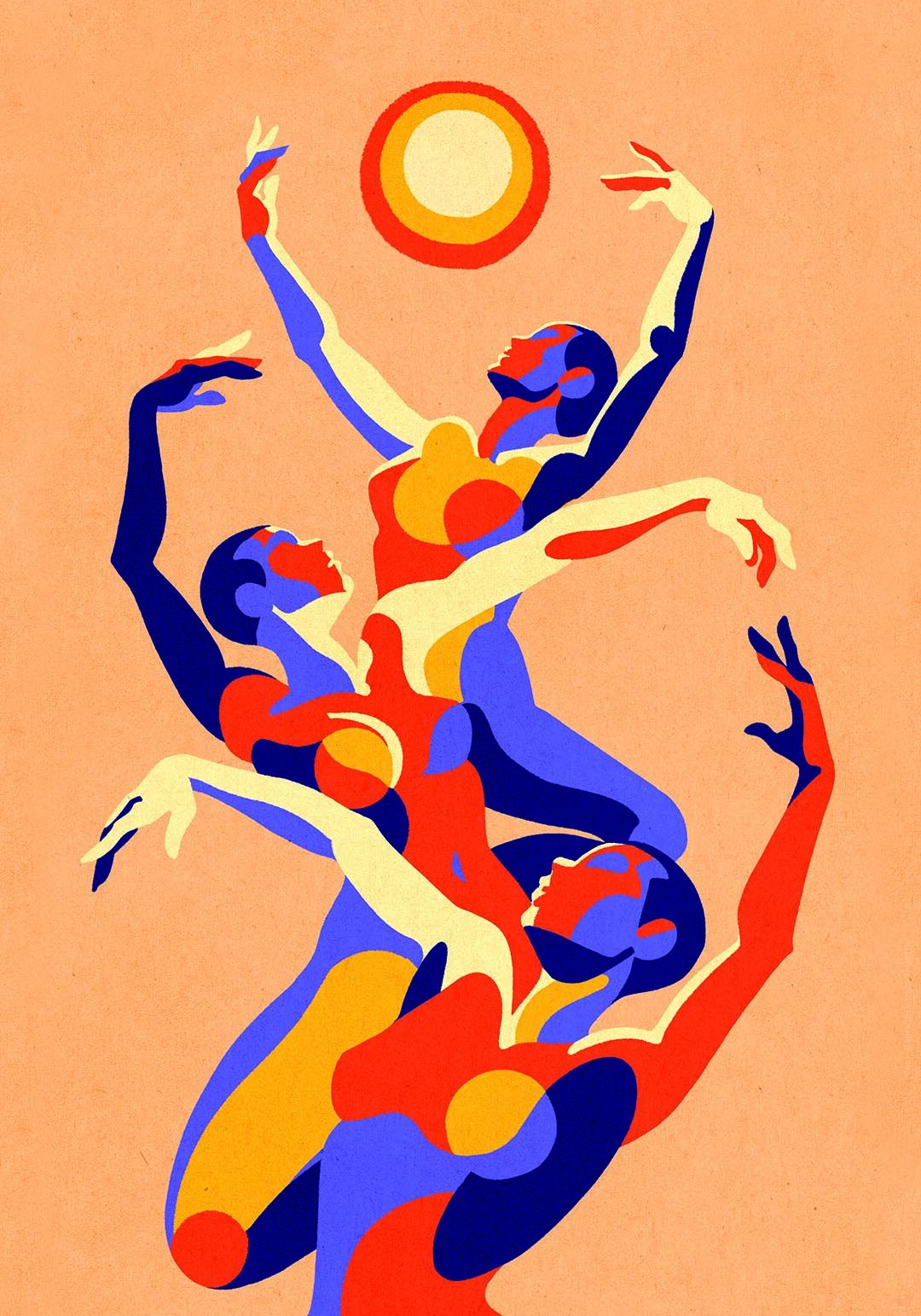
Most of life is pretty autobiographical.
When we take the time to poke around a bit, asking a good question, and then another, we begin to hear more about who someone is, why someone is, and we begin to know more about the life that is theirs, of what has mattered to them and not mattered to them — and this is true for everyone everywhere.
For most of my life I have been drawn into the que
This story is from Common Good issue 07.